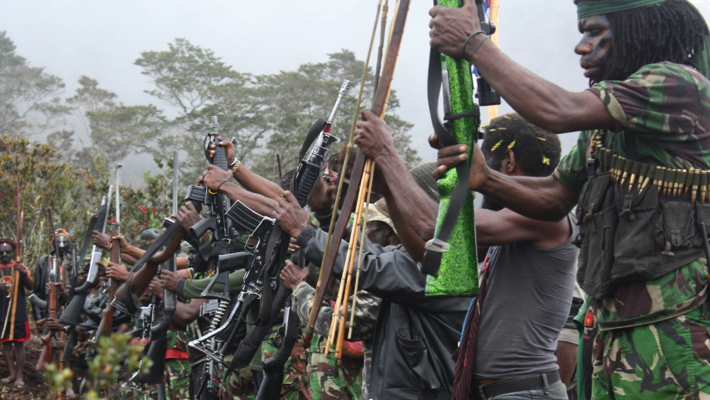
On Tuesday, the Cameroonian government reported an alarming incident in the country’s northwestern region: the kidnapping of 30 women by separatist rebels. This unsettling development reportedly occurred in Babanki, a village near the Nigeria border, with officials confirming that the abductions were a direct response to protests by locals against illicit levies enforced by the insurgent faction.
Simon Emil Mooh, a senior government official in the region, provided more explicit details. According to Mooh, the kidnapped women, primarily farmers, and merchants, were forcibly taken by the separatist rebels who had been imposing a range of unreasonable and illegal taxes on the population. He revealed harrowing information indicating that ten of these women endured extreme physical violence, tortured with firearms and machetes.
Mooh explained that the separatists’ unlawful taxation wasn’t limited to adults alone, with even children expected to contribute to their ill-founded revenue generation. Furthermore, the rebels exploited major life events of the villagers, imposing a levy on couples preparing to wed and demanding exorbitant fees from families wishing to carry out burial rites for their deceased relatives, a figure that reached as high as $1,000 per family.
The separatist leader, Capo Daniel, offered a statement to The Associated Press regarding the abductions. He confirmed that the kidnappings took place in mid-May, arguing that the victims were being disciplined for perceived manipulation by the Cameroonian government.
This unfortunate event is part of a broader conflict that has been brewing in Cameroon since 2017 when English-speaking separatists initiated a rebellion. The separatist rebels, motivated by grievances over linguistic and cultural marginalization in a region predominantly controlled by a French-speaking majority, seek the establishment of an independent, English-speaking state.
Since the onset of the rebellion, Cameroon has been embroiled in relentless conflict, which has taken a heavy toll on the country. The International Crisis Group (ICG) reports that this unrest has resulted in the loss of over 6,000 lives and has uprooted more than a million individuals from their homes.
Adding to the complexities of the situation, Human Rights Watch (HRW) recently issued a report condemning the Cameroonian government for its heavy-handed tactics in suppressing the separatist uprising. Additionally, the HRW report highlighted rights abuses committed by the rebel forces, indicating that both sides of the conflict are contributing to the ongoing human rights crisis.
The separatists’ abduction of these 30 women underscores the depth and complexity of the crisis in Cameroon, a nation torn apart by linguistic and political divides, human rights abuses, and the impacts of violent conflict. This event is a sobering reminder of the dire consequences of such conflicts and the urgent need for a peaceful resolution.


















